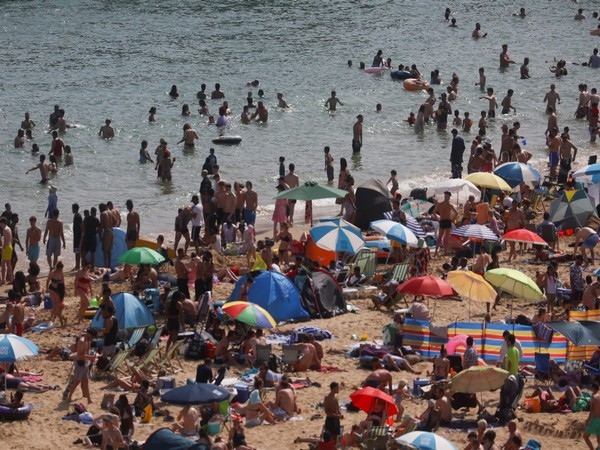

A heatwave is a period of abnormally high temperatures. These days the temperature is reaching near 40 degrees and the air is also very warm.
The health impacts of heatwaves typically involve dehydration, heat cramps, heat exhaustion and/or heat stroke. The signs and symptoms are as follows:
Heat Cramps: Ederna (swelling) and Syncope (Fainting) are generally accompanied by fever below 39 degrees Celcius.
Heat Exhaustion: Fatigue, weakness, dizziness, headache, nausea, vomiting, muscle cramps and sweating.
Heat Stoke: Body temperatures of 40 degrees Celcius or more along with delirium, seizures or coma. This is a potentially fatal condition.
Heatwave conditions can result in physiological strain, which could even be fatal. To minimise the impact during the heatwave and to prevent serious ailment because of heat stroke, you can take the following measures:
1. Avoid going out in the sun, especially between 12.00 noon and 3.00 p.m.
2. Drink sufficient water as often as possible, even if not thirsty
3. Wear lightweight, light-coloured, loose, and porous cotton clothes. Use protective goggles, an umbrella/hat, shoes or chappals while going out in sun.
4. Avoid strenuous activities when the outside temperature is high. Avoid working outside between 12 noon and 3 p.m.
5. While travelling, carry water with you.
6. Avoid alcohol, tea, coffee and carbonated soft drinks, which dehydrate the body.
7. Avoid high-protein food and do not eat stale food.
8. If you work outside, use a hat or an umbrella and also use a damp cloth on your head, neck, face and limbs.
9. Do not leave children or pets in parked vehicles.
10. If you feel faint or ill, see a doctor immediately.
11. Use ORS, homemade drinks like lassi, torani (rice water), lemon water, buttermilk, etc. which help to rehydrate the body.
12. Keep animals in shade and give them plenty of water to drink.
13. Keep your home cool, use curtains, shutters or sunshades and open windows at night.
14. Use fans, damp clothing and take bath in cold water frequently.